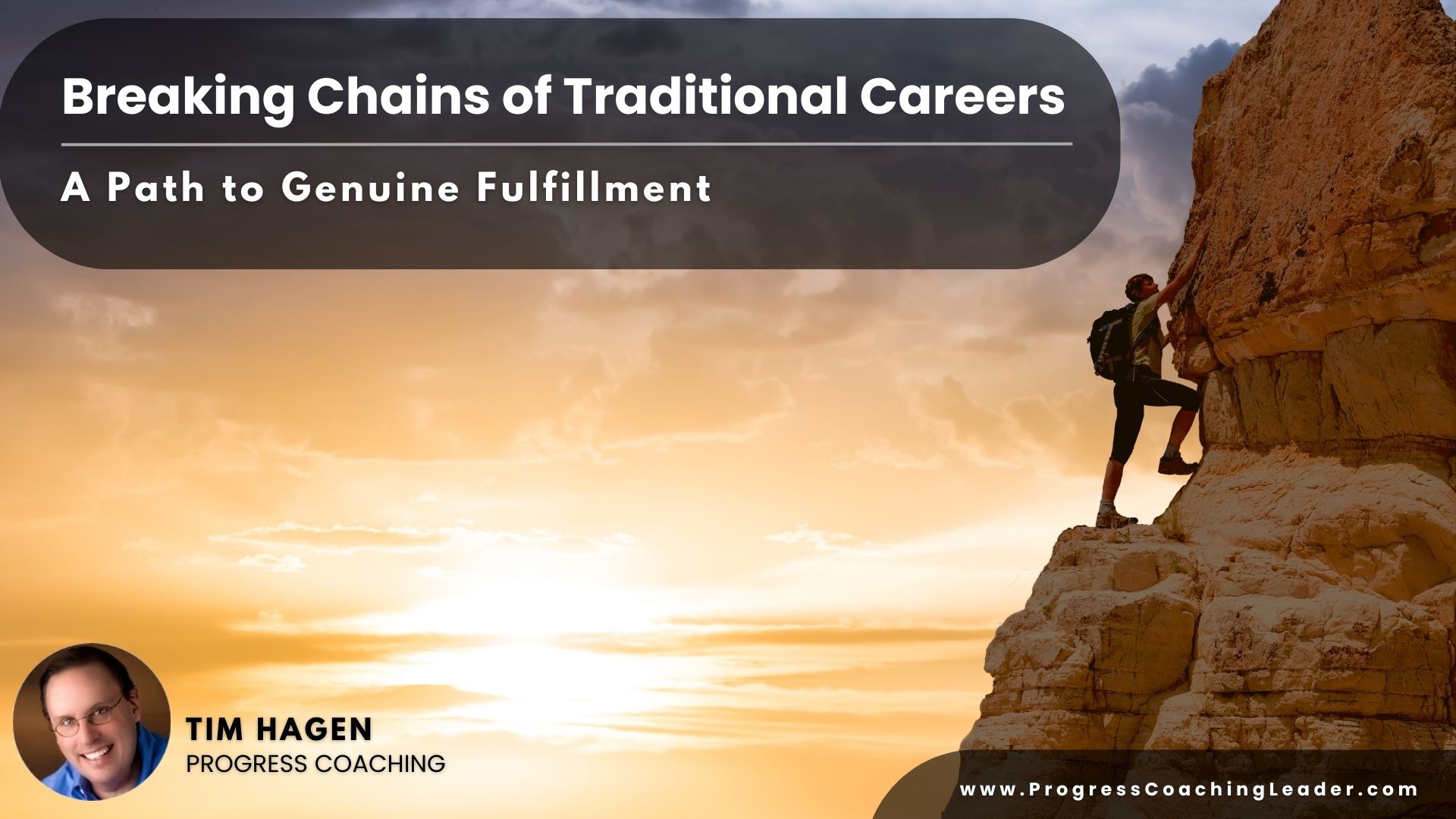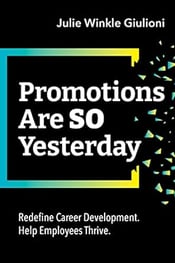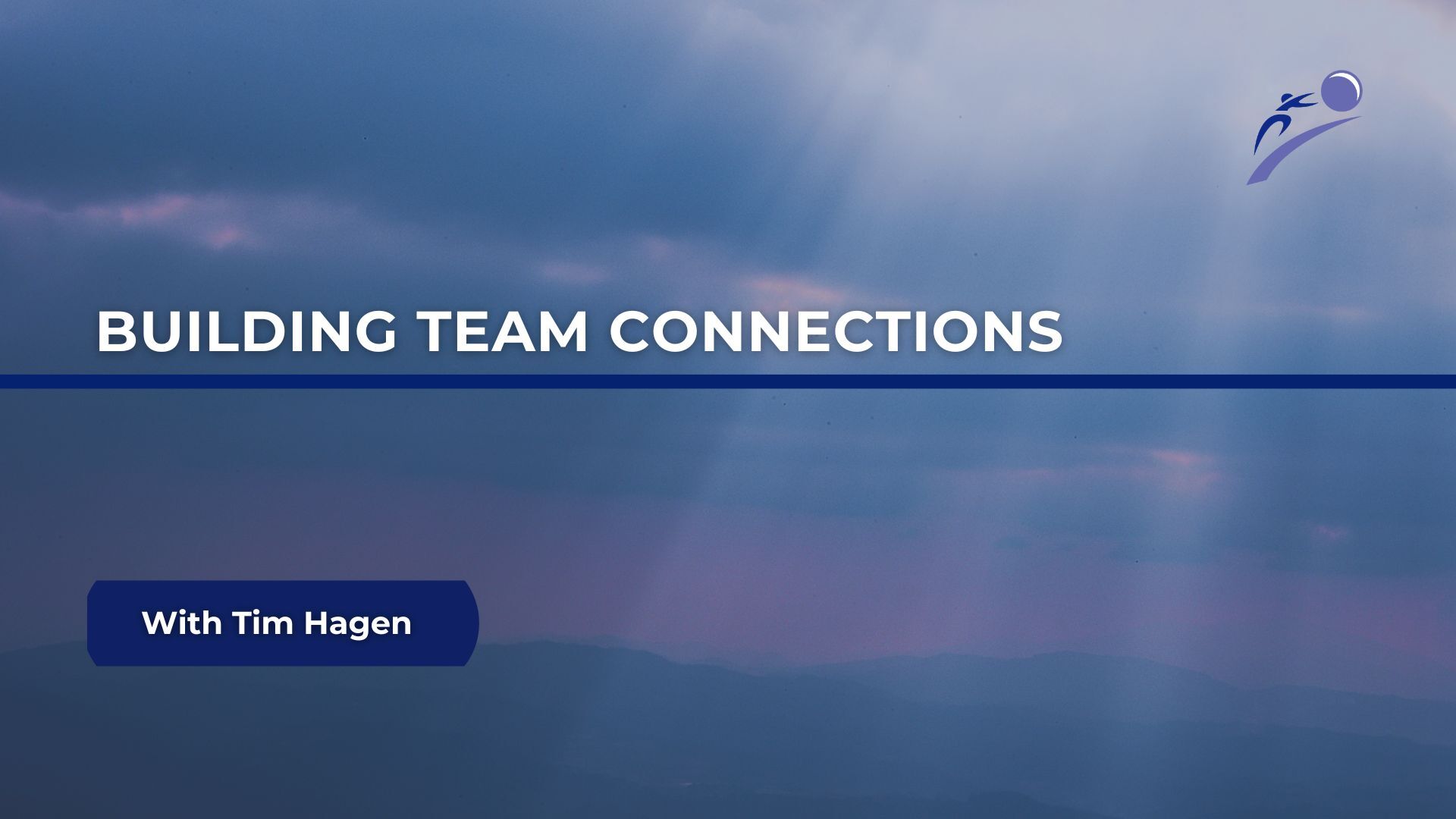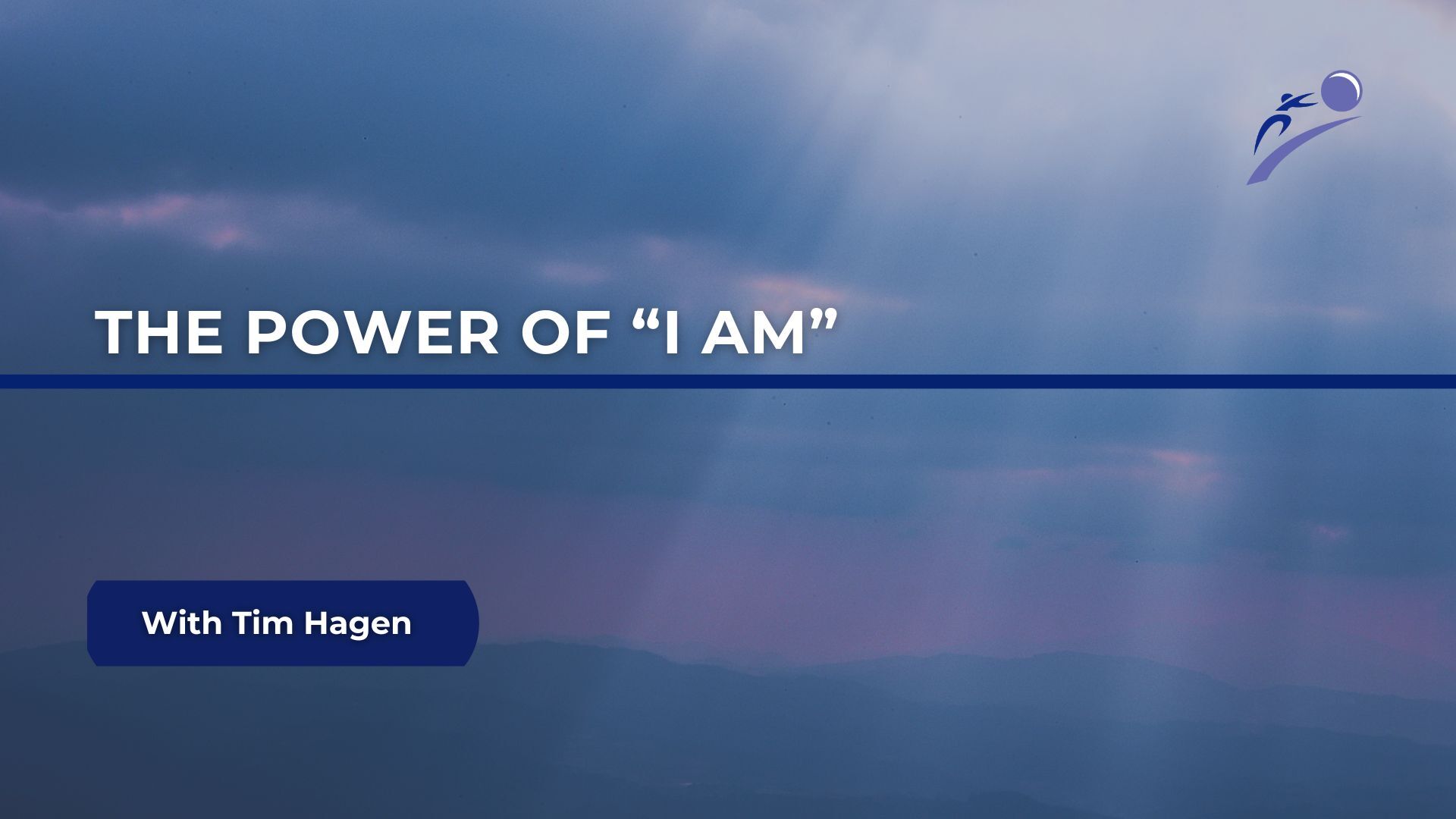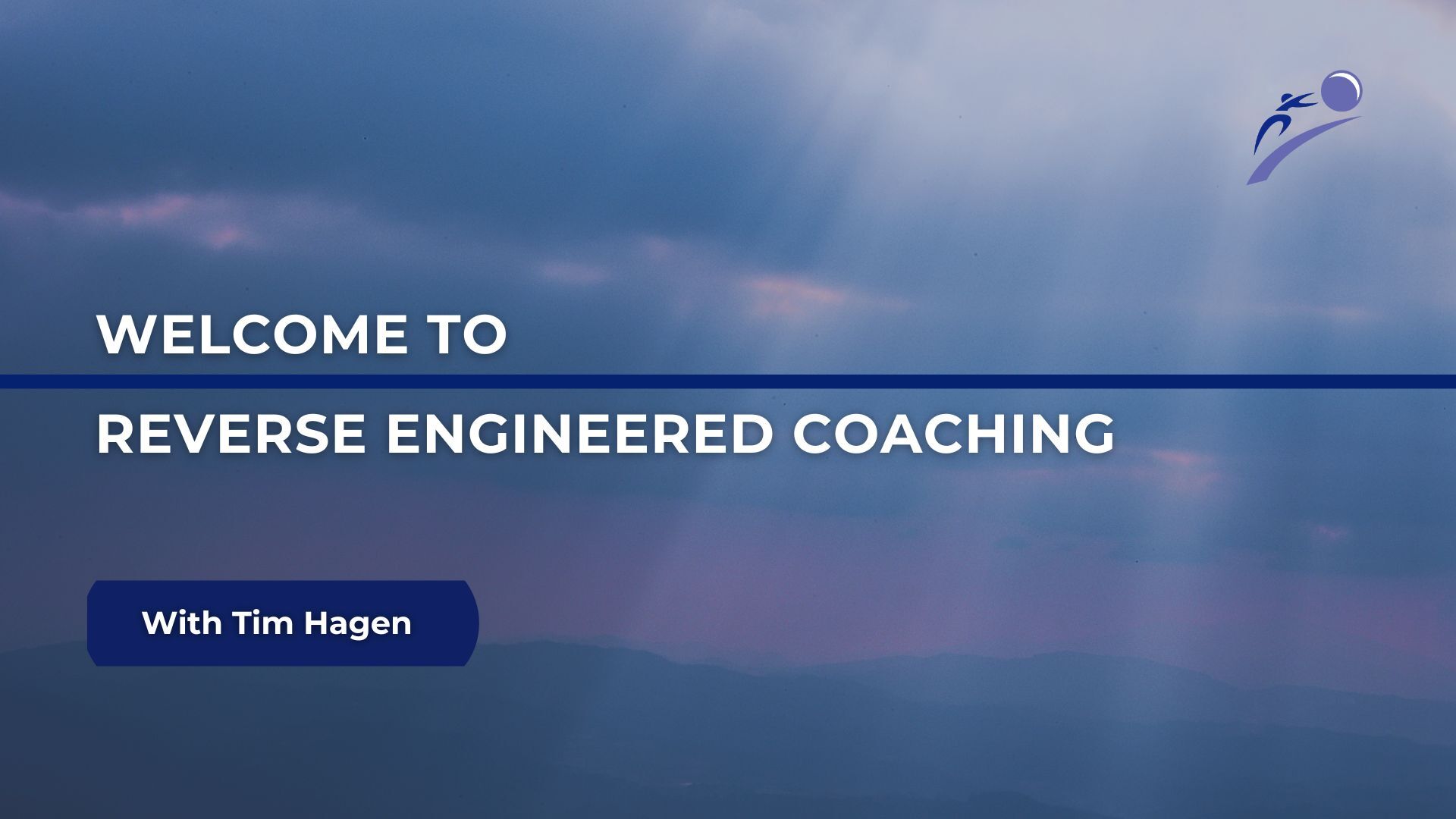Breaking Chains of Traditional Careers: A Path to Genuine Fulfillment
What if you could redefine your career path, not by job titles, but by what truly fuels your passion and desire?
As we grapple with this provocative question, let's take a look at a powerful coaching process. We start by emphasizing the importance of genuine self-reflection, revealing what you love, what you dislike, your strengths, and areas you can improve. We spotlight the significance of honesty in this process and how it shapes the coaching journey, transitioning from your present state to your desired future state.
Don't hesitate to challenge societal norms of envisioning the future solely in terms of job types. We draw inspiration from Julie Winkle's enlightening book, Promotions Are So Yesterday, emphasizing that the desired future isn't always about job promotions but rather the type of work that truly enriches you. Rethink your career perspective, your future aspirations, and how you assist others in their personal and professional growth.
This one is packed with invaluable insights that will transform how you perceive your career journey. So, hang on tight!
One of the fundamental things we have to do when we coach is very simple, and sometimes, as coaches, we can make things more complicated than they really are. When you think about coaching, what you're really doing whether it's something that's constructive or you're leveraging the strength to go to the next level, think about it from point A to point C-- and point B is the action you need to take. Basically, it's a gap analysis.
I always go back to coaching, to your present, and I think one of the healthiest things we can do is to ask people:
-
As you sit here today, what do you love?
-
What do you like?
-
What do you dislike?
-
What do you think your strengths are?
-
What do you feel like you have opportunities to grow?
That's your present state, very similar to the whiteboard coaching. Then ask about the future with, "Where do you want to end up?"
I just asked one of our clients this question. He hedged, saying it was an evolving thing with a long, esoteric description of not knowing. Then I asked the very simple question, "What do you want to do?" He couldn't answer me.
It's a simple question, yet extremely important.
I rephrased. "As you sit here today, be honest with me. Do you love, do you like, or do you dislike your job? Be honest, I won't repeat it to anybody."
He replied he liked it; he didn't dislike it. Yet there were things about the job he disliked. After thinking in more depth, he admitted, "I don't know if there are many things that I love."
I said, "Great, forget about jobs. If you could do something tomorrow, what would you love to be doing?" He said something with computers. We dove into that more. I asked what that would look like. He had no idea; he's someone who spends his days out in the field working with people. He rarely gets on the computer and uses technology. When I asked him how that made him feel, he said edgy. He hated that feeling because he loves technology.
When I first asked him what he liked doing, he didn't know. He said, "Well, I thought you were asking about a job."
We have to be very careful. When we talk about our present and then we talk about where somebody wants to go, where they want to end up, they will immediately gravitate because we as companies and leaders have conditioned this-- to that destination being the job type.
Again, I go back to Julie Winkle's book, Promotions Are So Yesterday. It's not always a job type, it's the type of work that they'd like to be doing.
So, think about the present and future. How do we get there?
If you are looking for a way to strengthen your organization, ask about our Coaching Champion Certification program, where we take everyday employees and use everyday conversations to strengthen the organization's culture. Coaching Champions inspire and motivate others and professionally challenge those who struggle with positivity.
Get More info Here: click here


